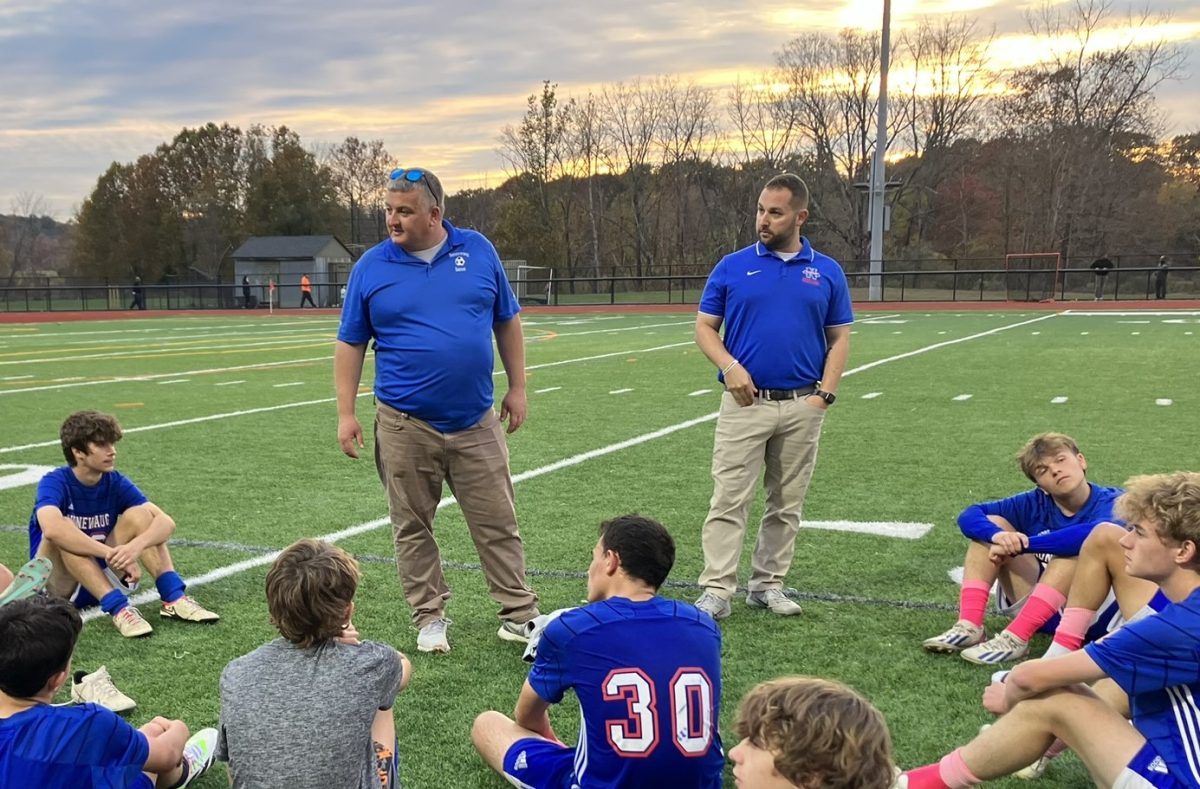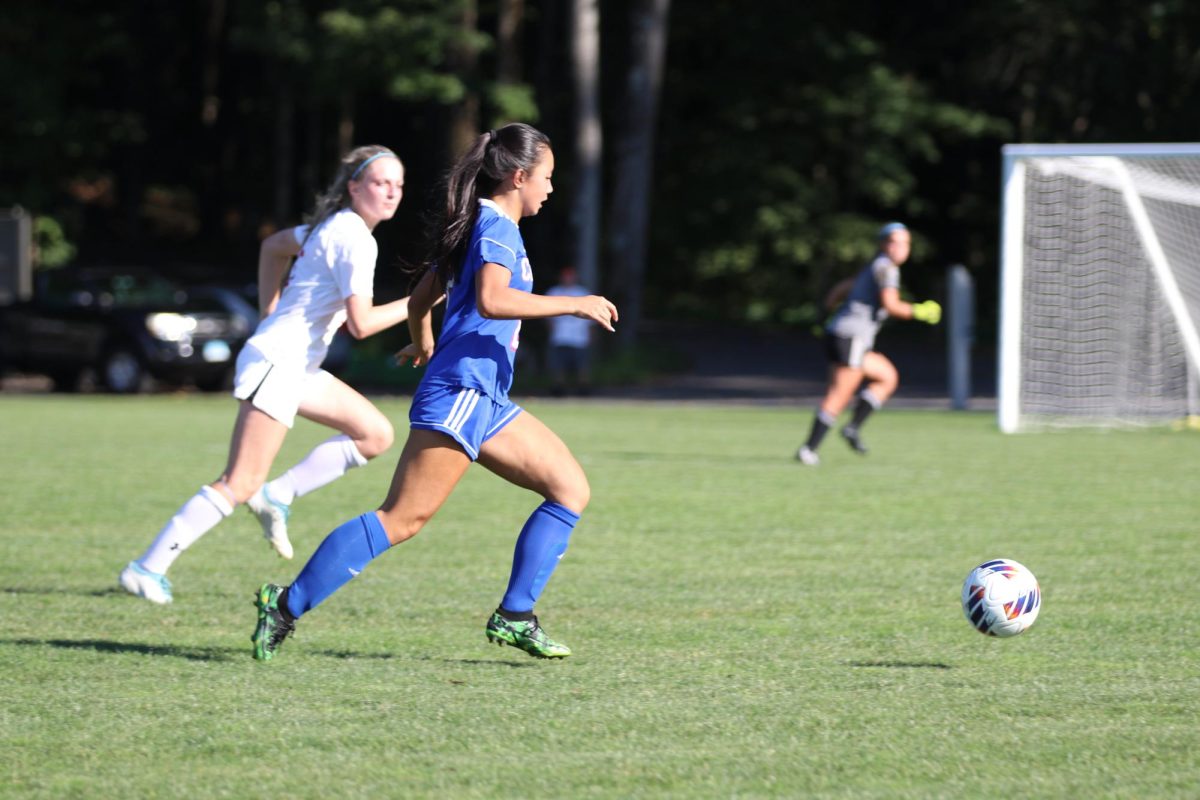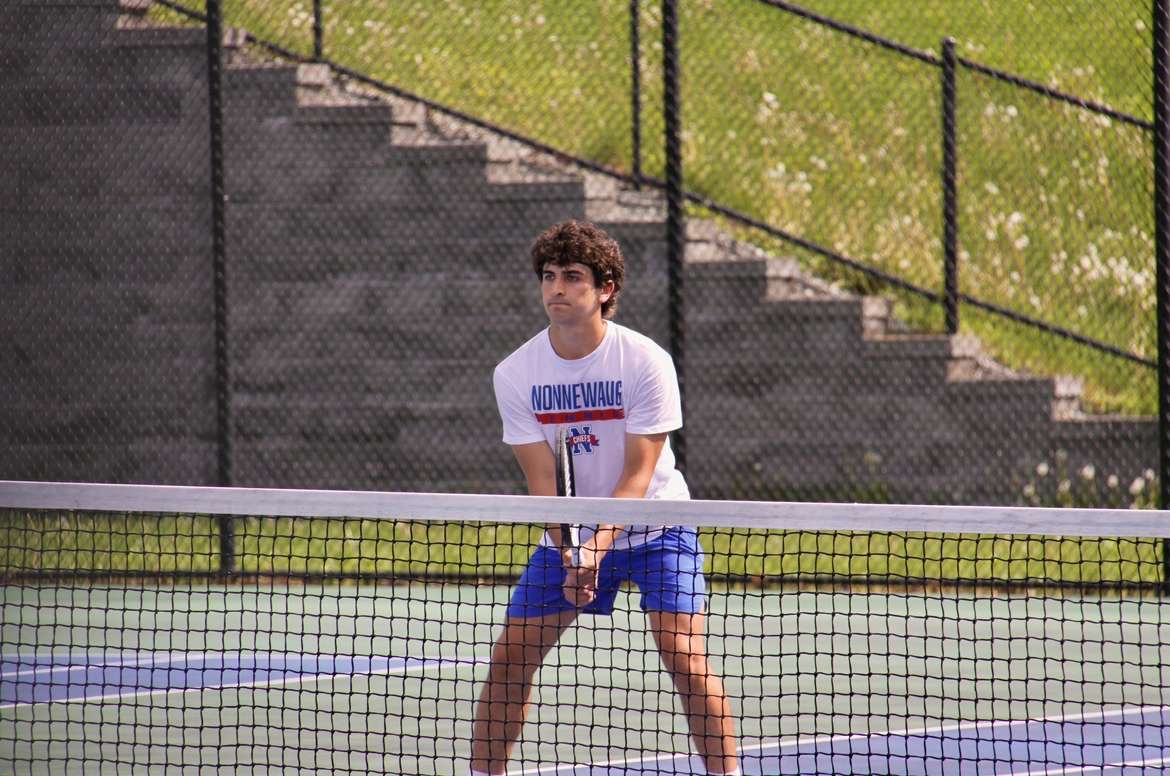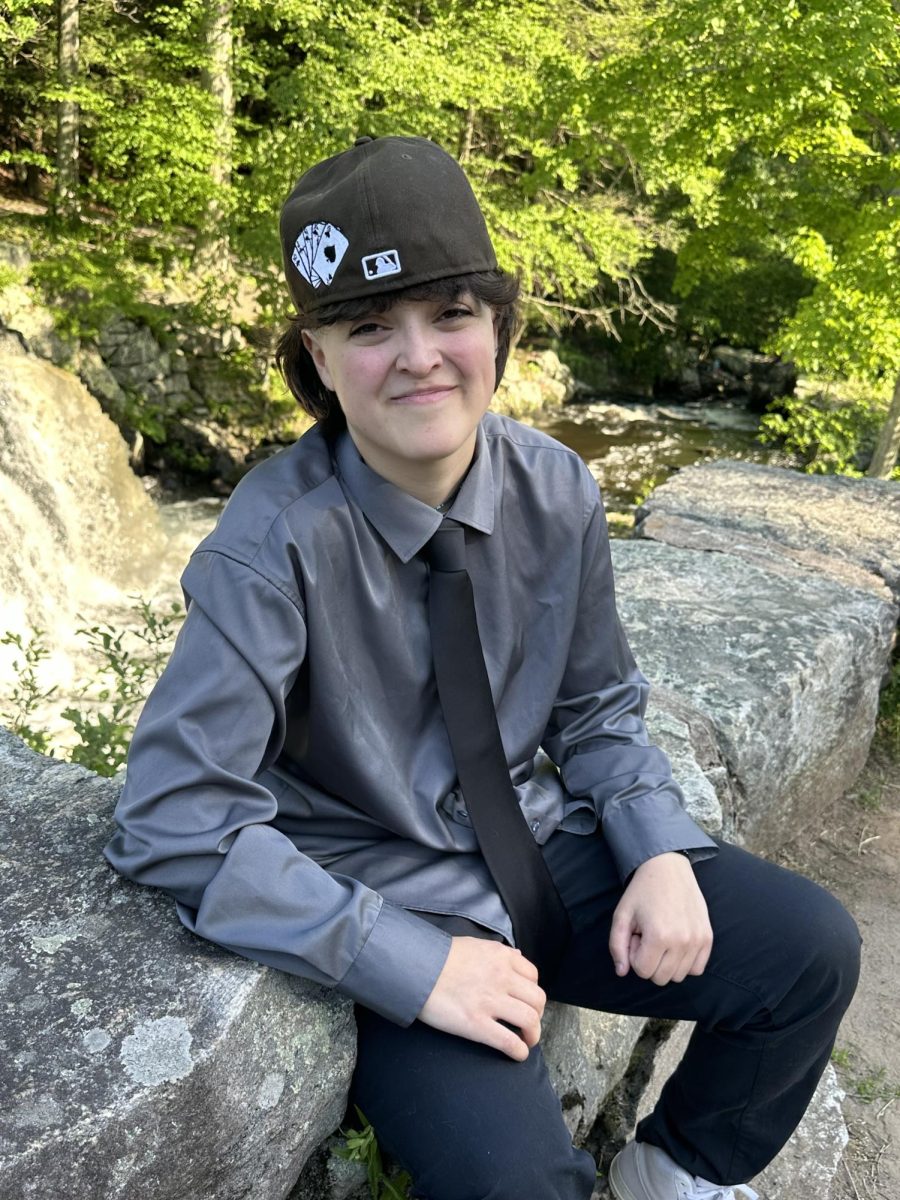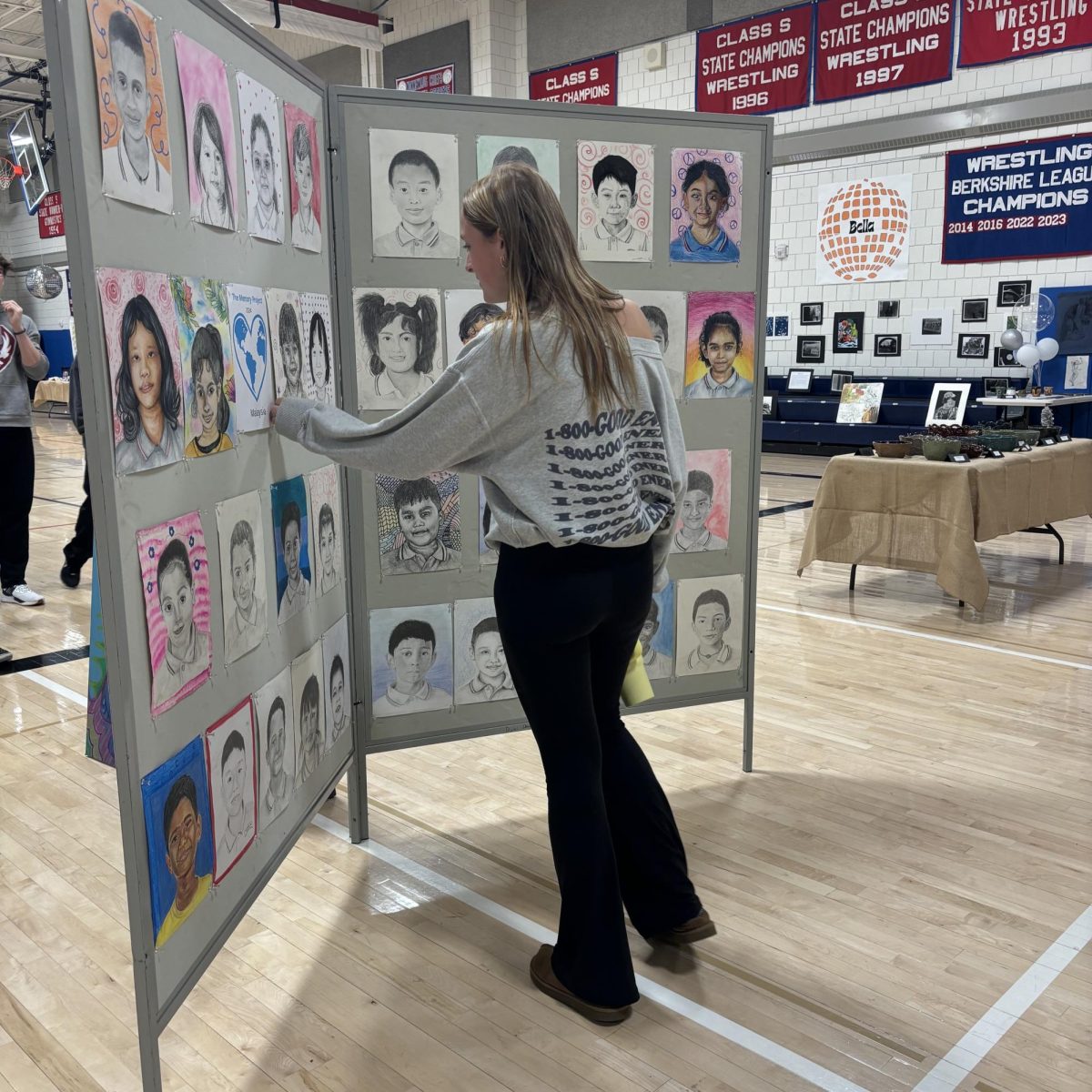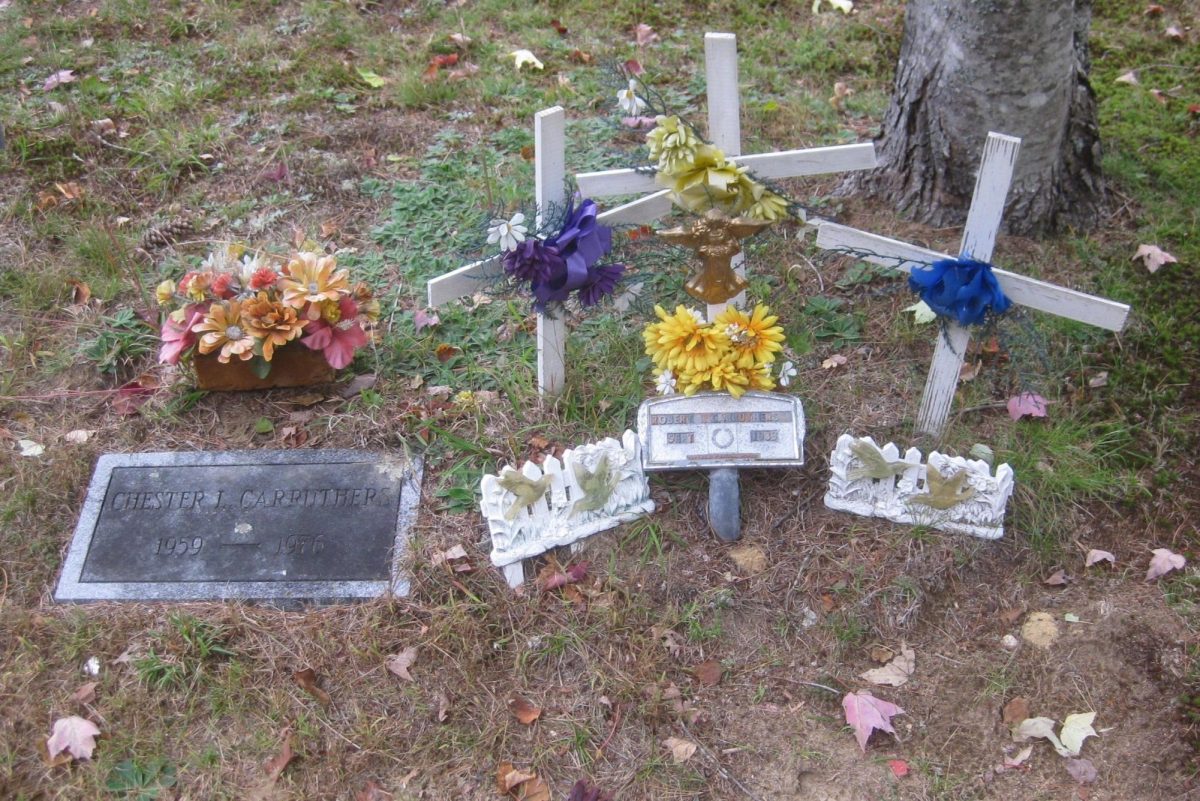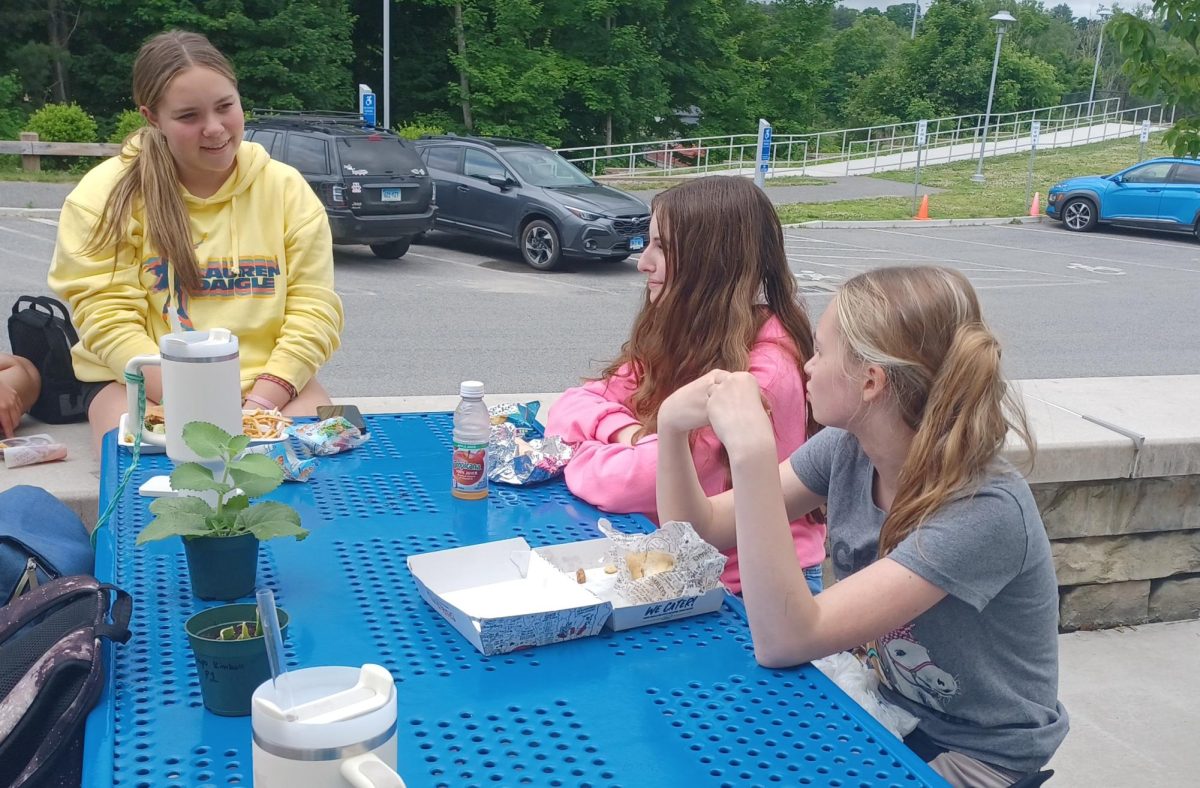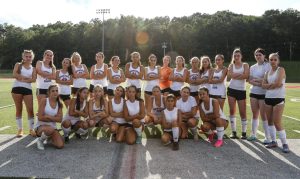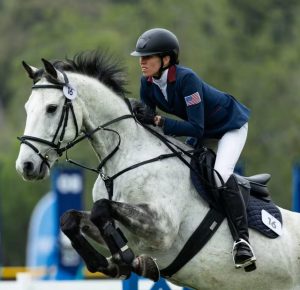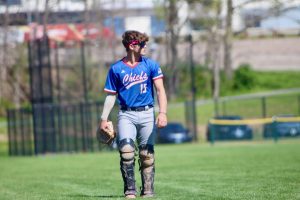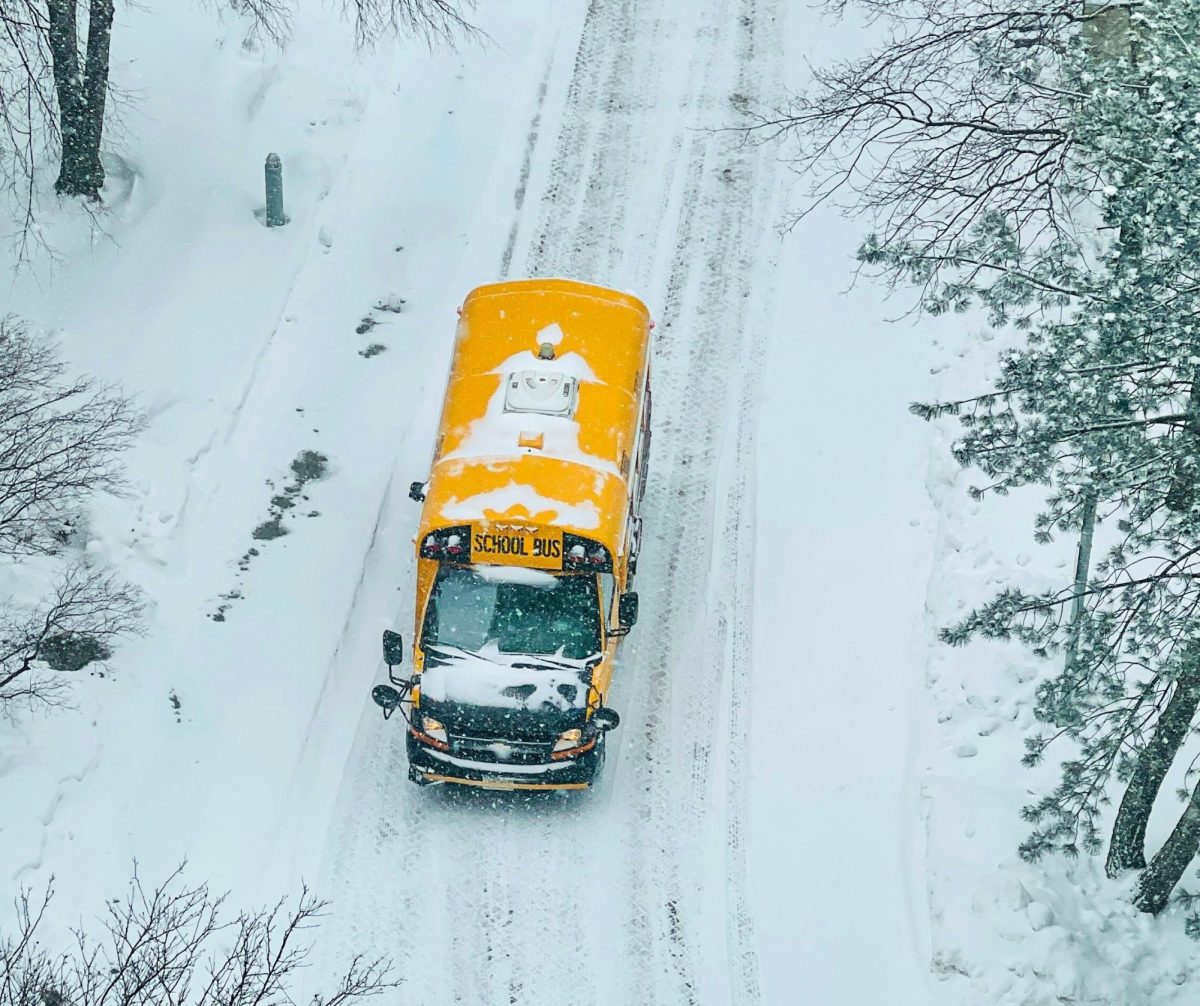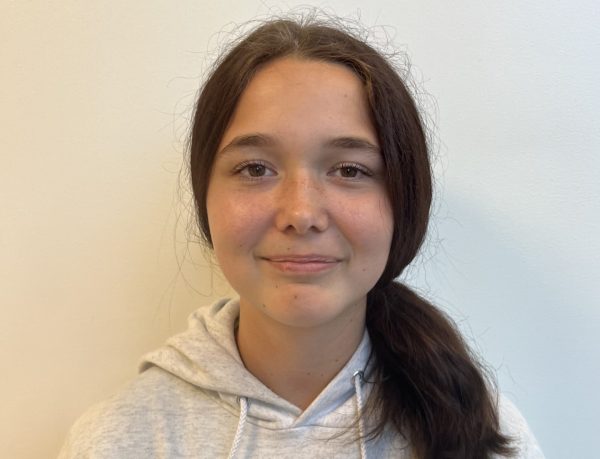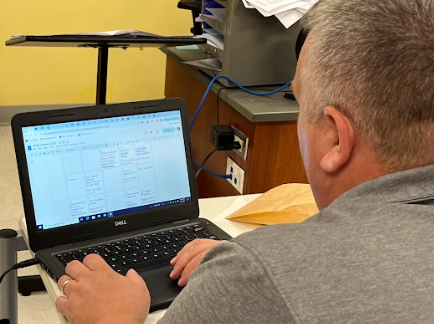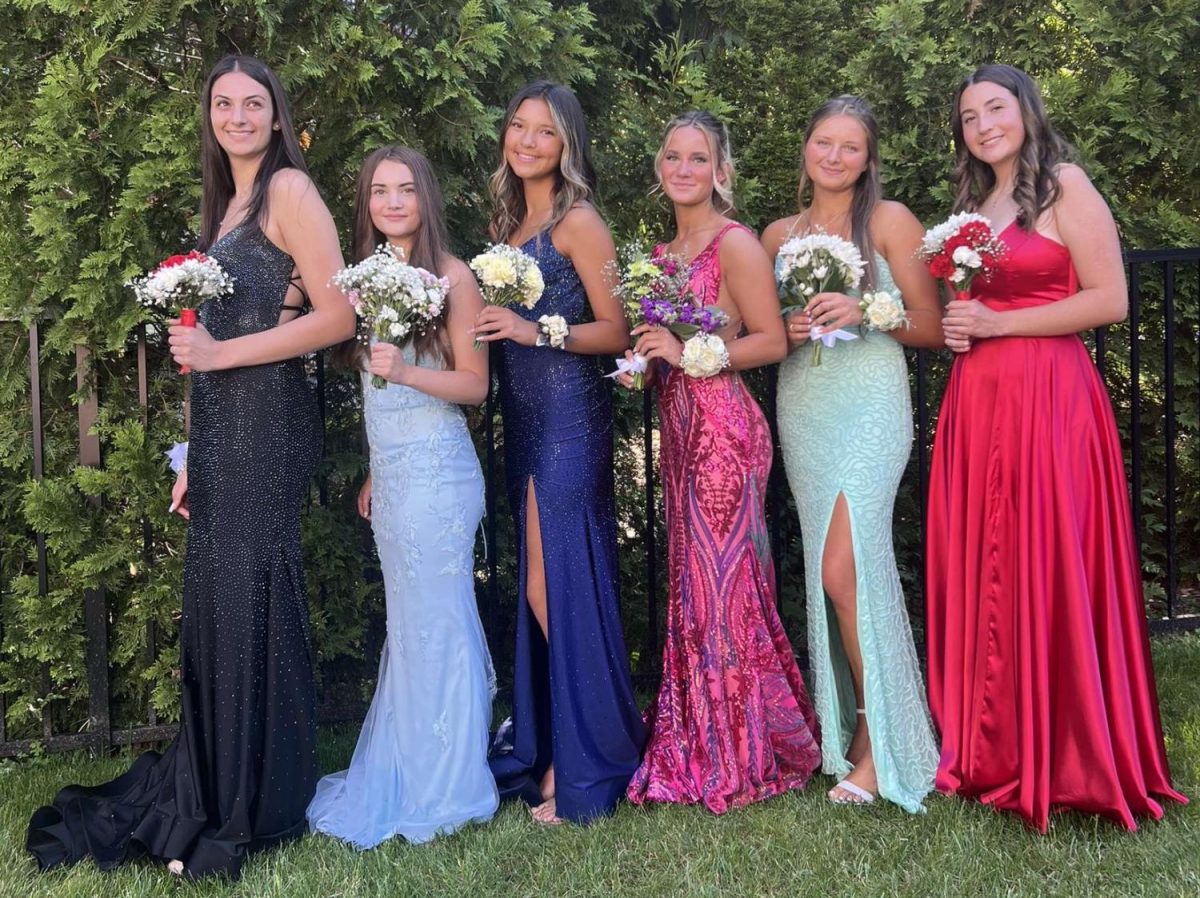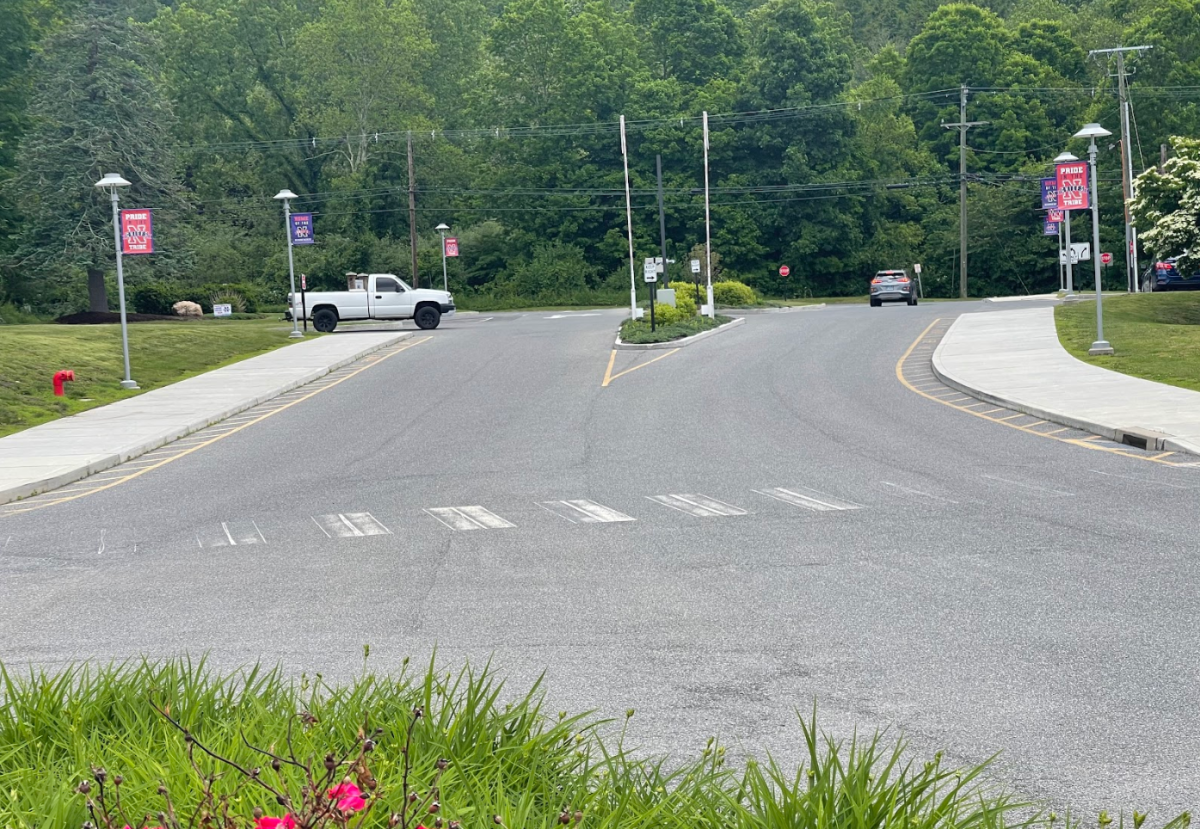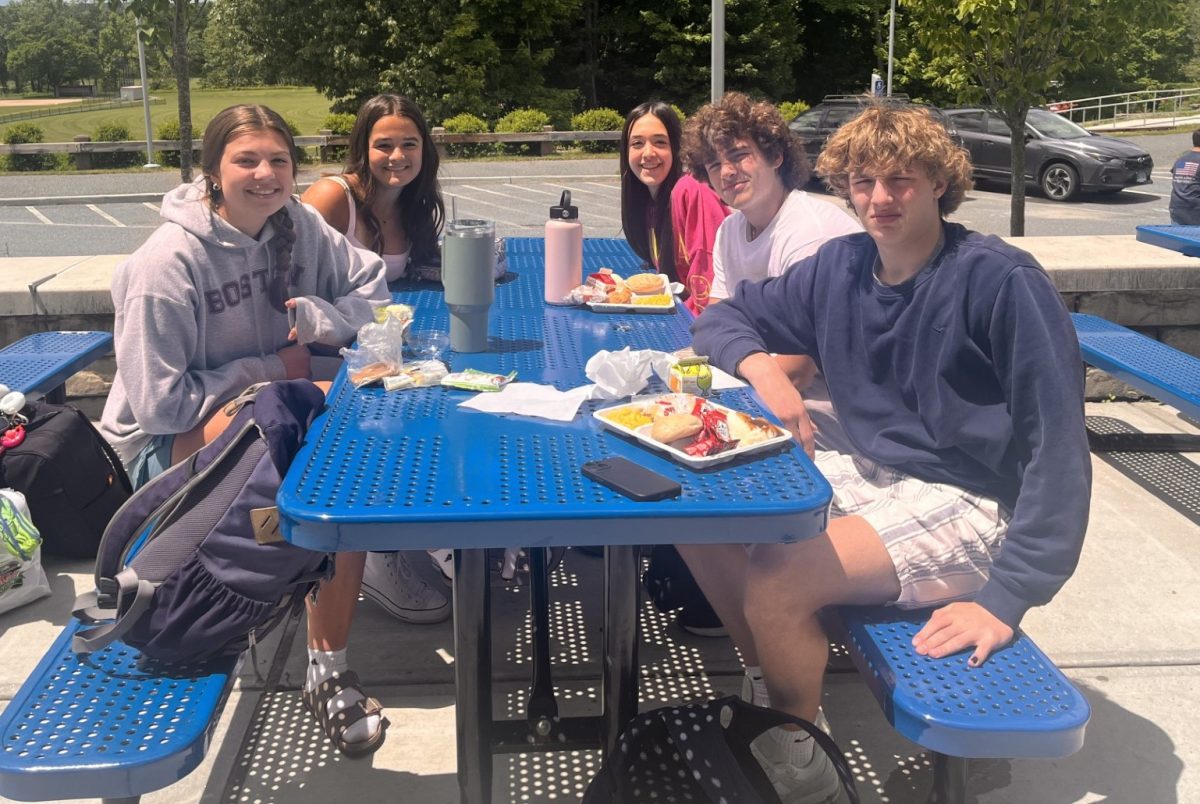WOODBURY — With the cold weather reappearing and snowstorms underway, the talk about delays and snow days flows throughout the school. Nonnewaug is a school that accepts out-of-district students, and with that comes longer everyday commutes for those students who call NHS home.
With so many out-of-district students, morning wake-ups can come as early as 4 a.m., making school-related weather calls even more challenging. Could this force Region 14 to make earlier announcements about two-hour delays or school cancellations?
An ice storm in January 2022 was certainly a event to remember for both students and bus drivers involved. On that morning, there was no delay or cancellation called originally. But a flash freeze starting at about 6:30 a.m. stranded students on buses, causing at first a two-hour delay and then a cancellation.
“My experience was pretty frustrating,” said Leah Quijano, a 2023 NHS graduate who traveled from Naugatuck during her four years on campus. “We already knew the conditions were bad, and kids were slipping on the bus. It was infuriating after we got off that hill, we had to wait at the bus lot until weather conditions were good enough to have us brought back home.”
Some students wonder why some weather calls seem to come late so far this winter.
“Inclement weather puts all of us in tough situations,” says Nonnewaug principal Dr. Mykal Kuslis, who noted that in case of bad weather, communication is key with out-of-district schools. “Bus companies will prioritize the bigger groups of students. There were issues with other towns that they had half-days and we didn’t.”
“The calls are based on safety,” said assistant principal Nicole Lewis. “Even if you think driving in your vehicle is safe, it’s not necessarily safe for buses to drive. There is no super equipment for bad weather.”
Making the right call on cancellations or delays can be tough. With this, communication is important to ensure that the message gets across to out-of-district schools and bus companies.
“It’s a very extensive process,” says Region 14 superintendent Brian Murphy. “Around 4 a.m., I’m on a call with an area regional meteorologist who works with superintendents in the area, and we go over the forecast. What’s predicted and what transpired over the past few hours informs my decision to cancel [or delay] school.”
With calls being a controversial topic, many feel they should be made the night before. Lewis disagrees.
“Sometimes you can make decisions that early,” Lewis adds. “They might say that we could get six inches of snow and at dinner time they can close school, but the next morning there could be nothing, so sometimes you do have to make game-time decisions.”
Not only can the decision-making process be challenging, but administrators are working on a time crunch in the morning, realizing that some students and staff members have to hit the road by 5:30 a.m.
“We always try to make that [decision] as early as possible,” Murphy added.
Generally, students, parents, and faculty need to be aware of the closing call at least one hour before school begins. These calls require more than just one opinion, especially since Nonnewaug houses students from 12 outside towns.
During the week of Jan. 15-19, Murphy had to make numerous close calls. On the morning of Jan. 16, Murphy made the call to close schools around 4:30 a.m. The same night, Murphy sent out a message announcing a two-hour delay Jan. 17. Once again, he thought about several factors.
“We have students driving to school,” Murphy noted about the many variables he considers when making inclement weather calls, “so we have to take that into consideration.”




